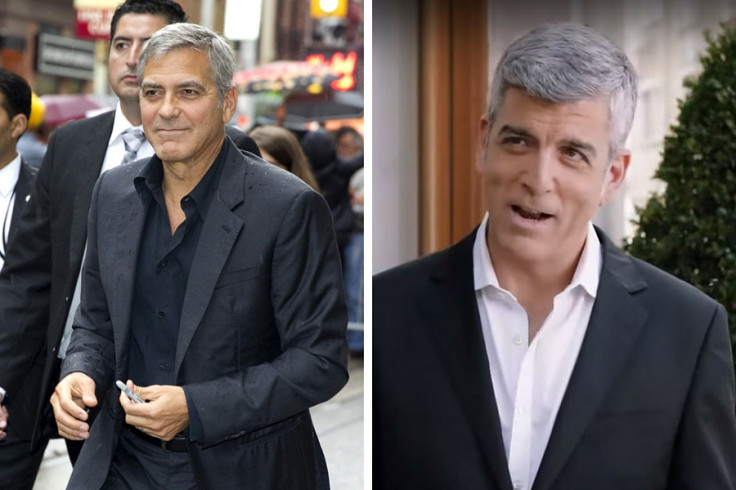Nespresso to sue rival Israeli coffee company over George Clooney clone

Food giants Nestle are attempting to sue an Israeli coffee company for using a George Clooney doppelganger in a TV commercial. The real Clooney stars in many Nespresso commercials aired across the globe and a much-smaller Israeli coffee company, called Espresso Club, decided to produce their own spoof commercial using a Clooney lookalike.
Despite a disclaimer on the advertisement telling viewers that the actor was not the real George Clooney, Nestle, which owns the Nespresso brand, believes that by using the lookalike this was a slight on their reputation and demanded NIS 200,000 (£35,150 or $50,000) as well as that Espresso Club remove the ad.
Two years ago, Nestle lost in its bid to sue Espresso Club but on Wednesday (20 January) they appealed the Tel Aviv District Court's ruling. The proceedings are expected to last the next few days where lawyers will attempt to convince the court that the Espresso Club adverts are "misleading" consumers.
The Gravity star is a member of the board of directors for Nespresso, which count on him as their brand ambassador, according to their website. He is rumoured to be paid $40m (£28m) to star in the advertisements. At the last court hearing Nestle was ordered to Espresso Club NIS 58,500 ($14,700) in damages to cover the cost of the lawsuit after it was not proved that his persona carries the company's reputation, according to the Times of Israel.
Espresso Club CEO Oren Tal was quoted by Israeli paper Yedioth Ahronoth as saying: "I think the discussion on using doubles will reach all the way to the High Court, but their claims don't make sense, so that's why I think we'll win. There is a whole genre in advertising of ads that relate to, and make fun of, their competitors."
In response, a spokesperson for Nespresso said the ad was not a form of fair competition. They said: "Nespresso invests a lot into building its brand and puts an emphasis on the quality of its product and professional customer service. Thus it's natural that it would choose to protect its assets from attempts by others to ride on its reputation, and from attempts at imitation and misleading consumers."
© Copyright IBTimes 2024. All rights reserved.






